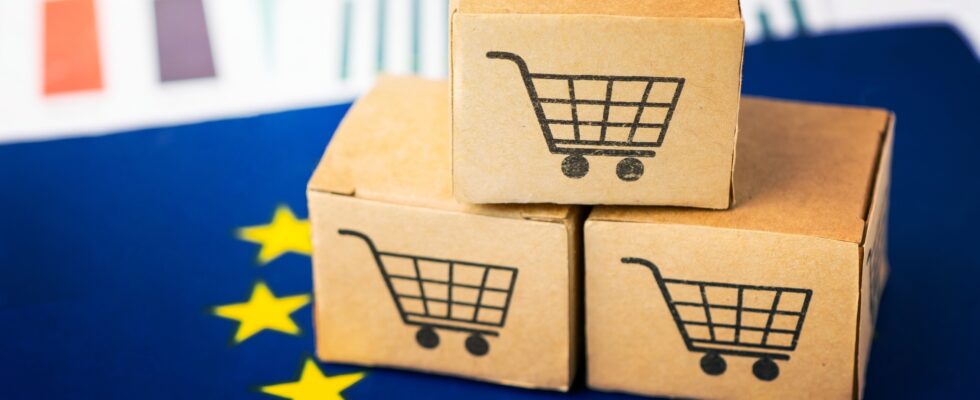On Thursday, the European Union validated its position on the historic reform of the customs code, which will have consequences for your online purchases. The idea of the EU? Streamline customs procedures and limit excesses and losses.
While between 6 and 7 parcels out of 10 are voluntarily devalued by e-retailers established outside the European Union to be exempt from customs duties, the time has come for change. The EU Internal Market Committee, attached to the European Parliament, voted on Thursday February 22 for its reform of the zone’s customs code, which provides for multiple changes aimed at adapting to the growth of online commerce, to limit excesses. This could have consequences for your purchases made on platforms located far from Europe.
The European Union wants to stop e-tailers who undervalue parcels to avoid customs fees
MEPs are proposing concrete legislative changes which will simplify customs procedures, clarify data processing and create an IT platform for whistleblowers who would like to report potential tax fraud by certain online sellers. Just that !
The European Parliament specifies that it wants to facilitate trade and reduce administrative burden while offering a new IT system designed to respond to the rapid growth of electronic commerce. But above all, he wants, through what he himself describes as “ EU’s biggest customs reform since 1968 », require e-commerce platforms to provide information on goods shipped to the European Union, within one day of purchase.
The main aim of this measure is to remedy the chronic and deliberate undervaluation of products sent by platforms particularly located in China. According to Parliament, 65% of purchases are deliberately undervalued. For what ? Because e-commerce is now exempt from customs duties for any package worth less than 150 euros. Too many declarations are therefore non-compliant. The EU is also adding another layer to the 66% of products purchased online that do not meet EU safety standards.
More innovative customs controls, to better regulate the practices of e-retailers
The European Union will therefore improve customs controls, by setting up a multi-tier system of trusted traders. Companies which prove and have proven to respect EU rules will thus be less controlled than others, thanks to a simplified procedure, which will allow the authorities to save time to focus on those which play with the regulations.
The reform also provides for the creation of a European data platform, which will centralize information in the event of potential tax fraud. It will replace the 111 separate customs computer systems already existing on the Old Continent. The IT platform will facilitate the communication of information, allowing authorities to concentrate their controls here too on less trustworthy shipments and companies, thus reducing workload and costs.
Parliament’s rapporteur on this issue, Deirdre Clune, calls for an acceleration of the harmonization of the customs code. The committee adopted the draft report with 34 votes in favor, 5 abstentions and no votes against. From now on, the text will have to be adopted in plenary assembly next month, to continue a route which presents few obstacles, even if the renewal of Parliament next June will be one to watch. Obviously, once the report is definitively adopted and then applied, we will have to expect an adjustment from e-retailers, who will sell many products at a higher price, to compensate for customs fees.
Source : European Parliament

4